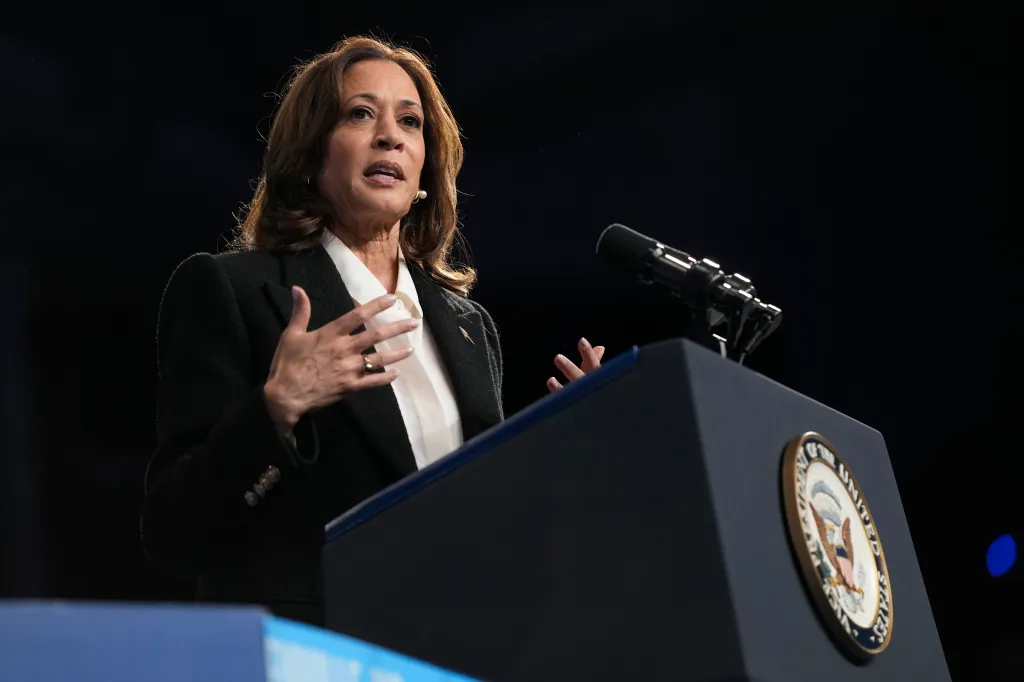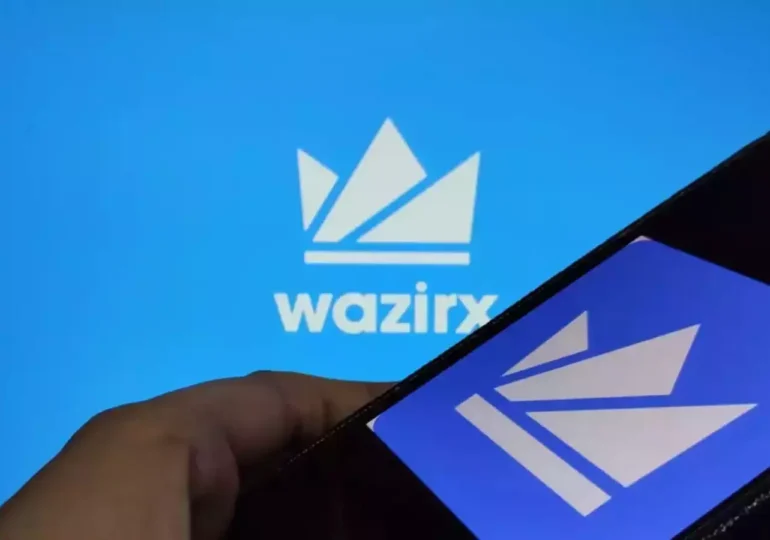Harris Courts Black and Latino Voters Amid Trump’s Gains

As the U.S. presidential election approaches, Vice President Kamala Harris is intensifying her outreach to Black and Latino voters, recognizing the critical role these demographics play in determining the election’s outcome. Recent polling indicates a shift, with Donald Trump making inroads among these voters, despite Harris’s initial strong support.
A New York Times/Siena poll reveals that Harris commands about 78% support from Black voters, a notable decrease from the near 90% historically achieved by Democrats. This decline is particularly pronounced among Black men, raising alarms about voter turnout as the election date nears.
Key States and Economic Concerns
In battleground states like Arizona, where nearly 25% of voters are expected to be Latino, and Georgia, where Black voters make up about 30% of the electorate, the stakes are high. Economic issues, especially inflation and living costs, dominate the concerns of Black and Latino voters. Many express dissatisfaction with the current economic climate, which has pushed some to consider supporting Trump.
Quenton Jordan, a Virginia resident who previously voted for Barack Obama, now backs Trump, citing the tangible struggles posed by inflation. “It’s making it harder for me,” he noted, highlighting how economic pressures can influence voter sentiment.
Trump’s Appeal: Economic and Social Issues
In Nevada, a state with a significant Latino population, residents like Lydia Dominguez report that many Latinos now view Trump more favorably, recalling the economy’s performance during his presidency. She emphasized that concerns about affordability have diminished the stigma around supporting Trump among her community.
Even some voters leaning toward Harris acknowledge that economic issues are compelling many to shift their support. Diego Arancivia, a former Republican in Nevada, stated that economic concerns alone could lead community members to vote for Trump, despite their personal feelings about him.
Immigration and Border Security
Concerns surrounding immigration and the U.S.-Mexico border further complicate the electoral landscape. Many Black and Latino voters feel the Biden administration’s handling of border security has been inadequate, making Trump’s hardline stance appealing. Rolando Rodriguez, a former Democrat and Trump supporter from Texas, described the situation at the border as unprecedented, emphasizing the challenges it poses to local communities.
Jordan echoed these sentiments, asserting that resources should prioritize longstanding needs in the Black community rather than being diverted to assist migrants. This perspective aligns with Trump’s rhetoric, as he has framed immigration as an “invasion” negatively affecting both Black and Latino communities.
Shifts in Social Views
Political science professor Quardricos Driskell highlights a perceived disconnect between the Democratic Party’s social agendas and the values of some Black male voters. Many feel that their views on masculinity and social issues are being overlooked by Democrats. Clarence Pauling, a barbershop owner in South Carolina, noted that he finds the Republican Party’s stance more aligned with his religious beliefs regarding gender and sexuality.
Harris’s Response and Strategies
In response to these challenges, Harris is ramping up her campaign efforts, unveiling an “opportunity agenda for Black men” and engaging with Black entrepreneurs in key swing states. She is also set to speak with influential figures in the Black community, such as radio host Charlamagne Tha God.
As Trump actively courts Black and Latino voters during town hall events, he boasts of improving polling numbers within these demographics, suggesting a shift in the political landscape that Harris must urgently address to galvanize voter turnout in November.





















